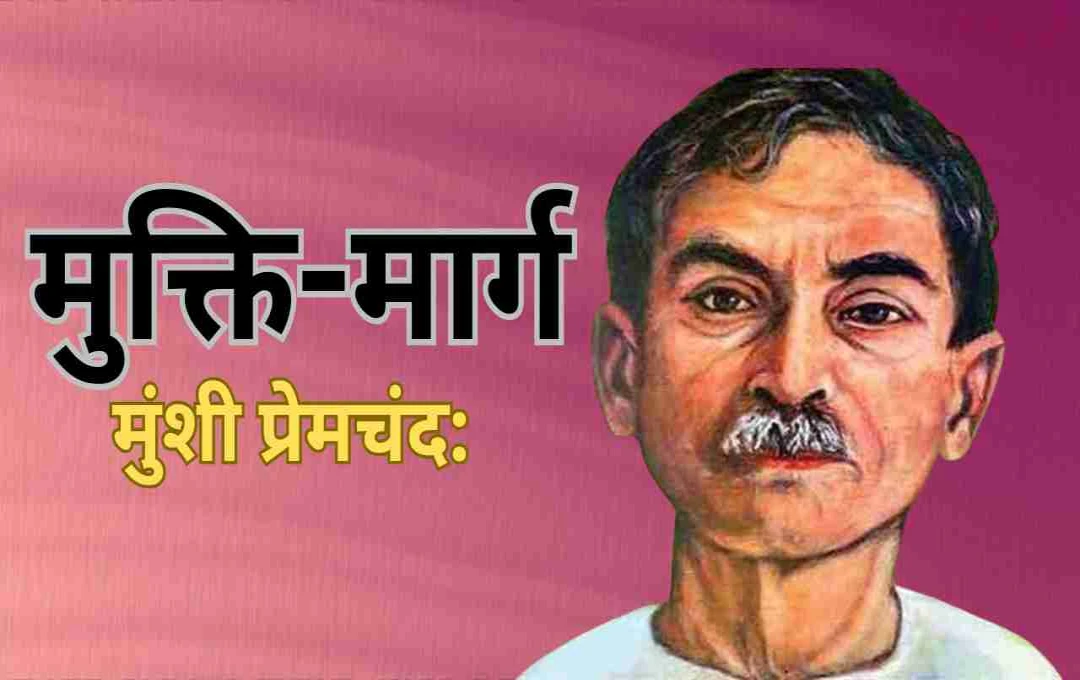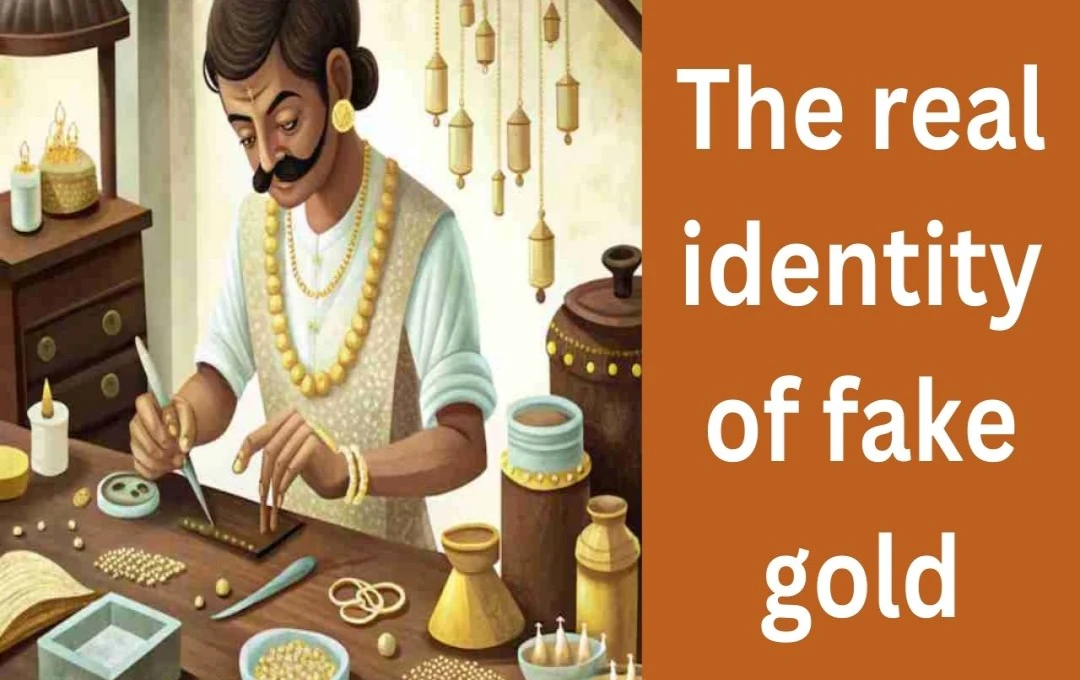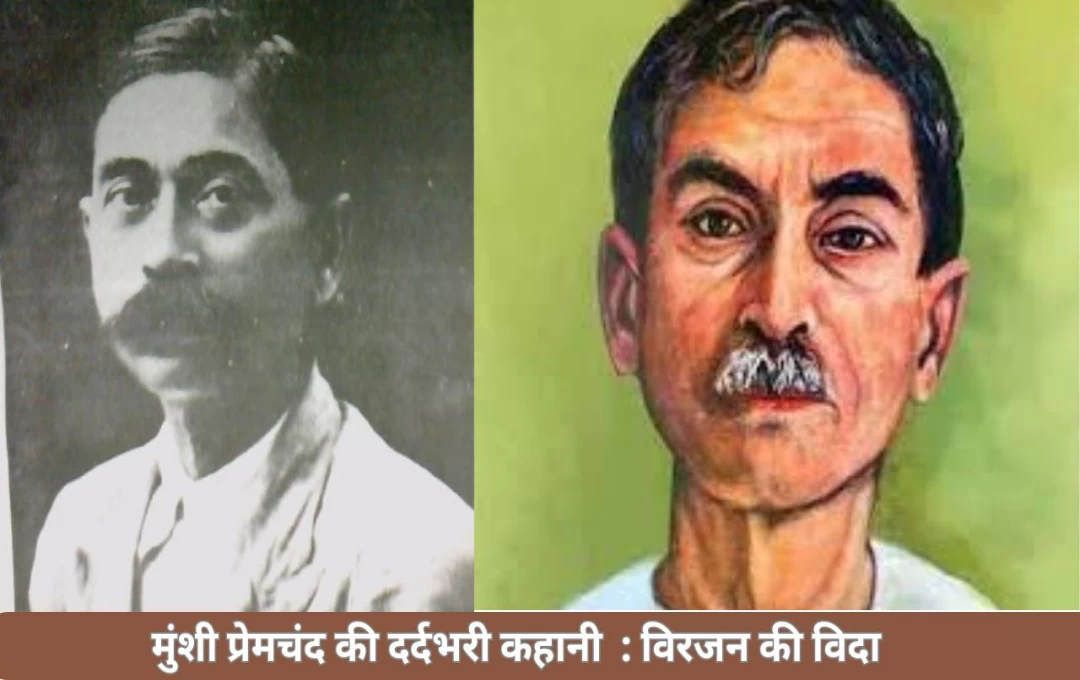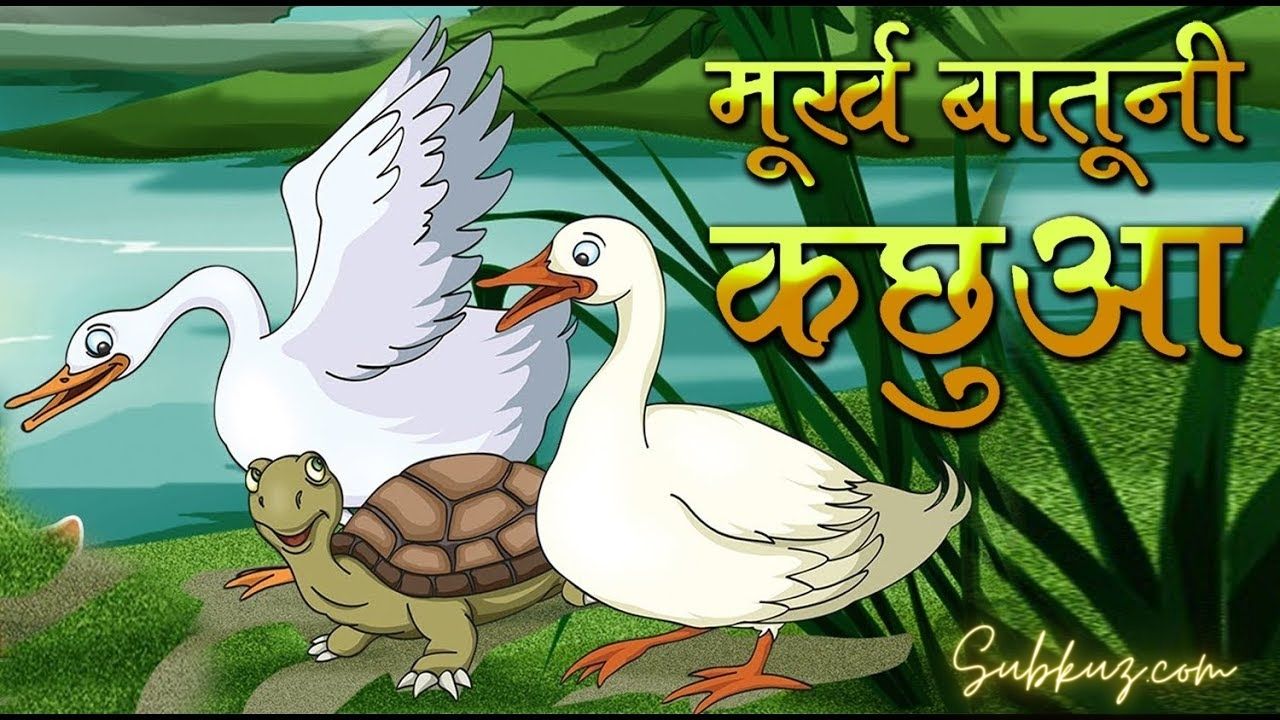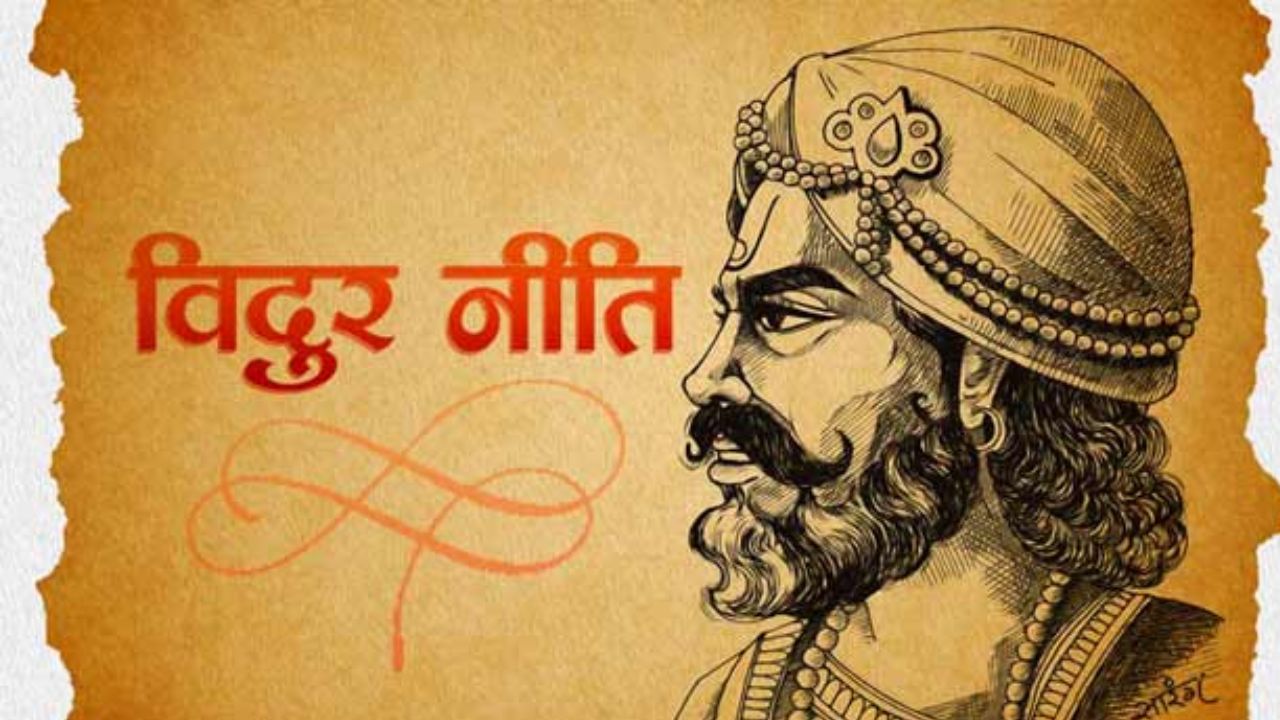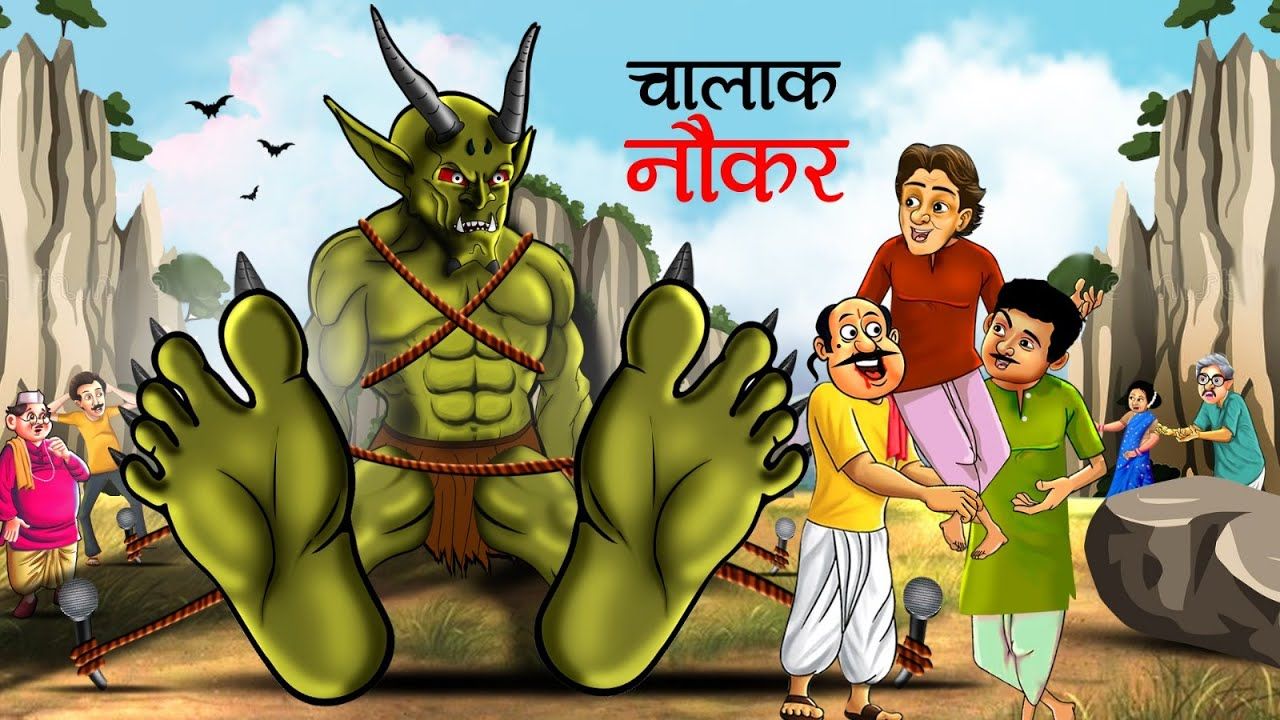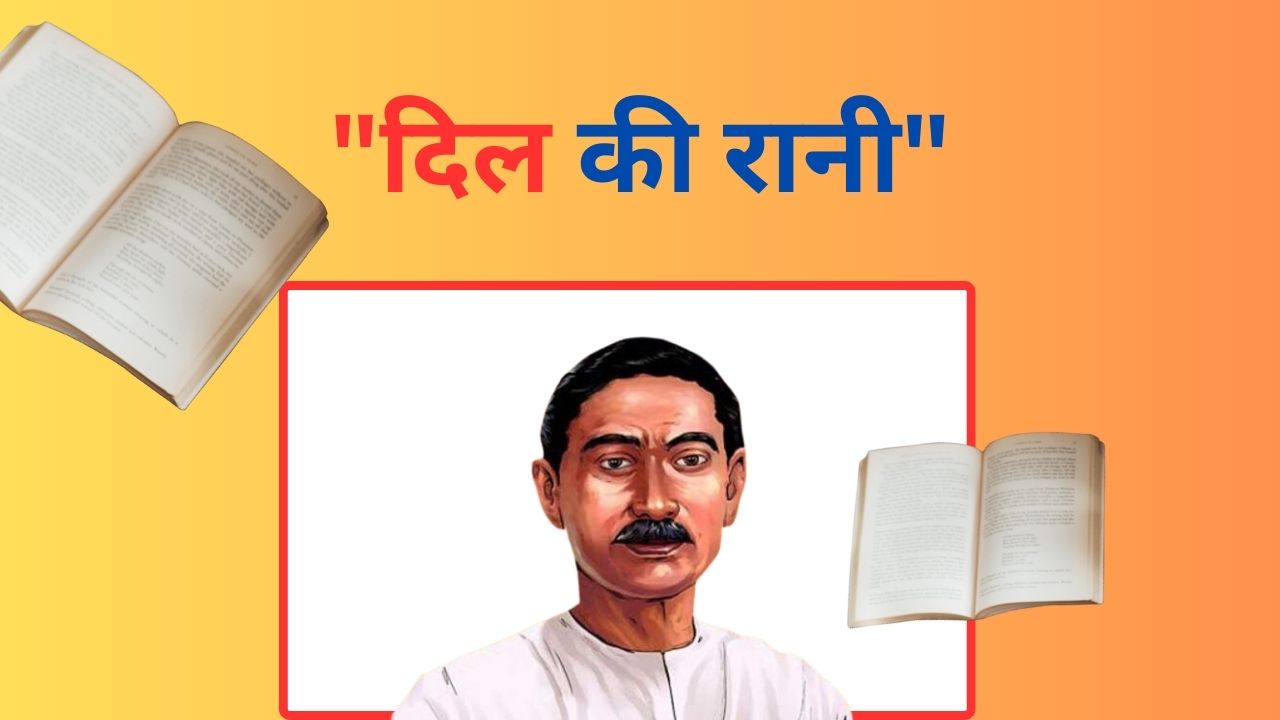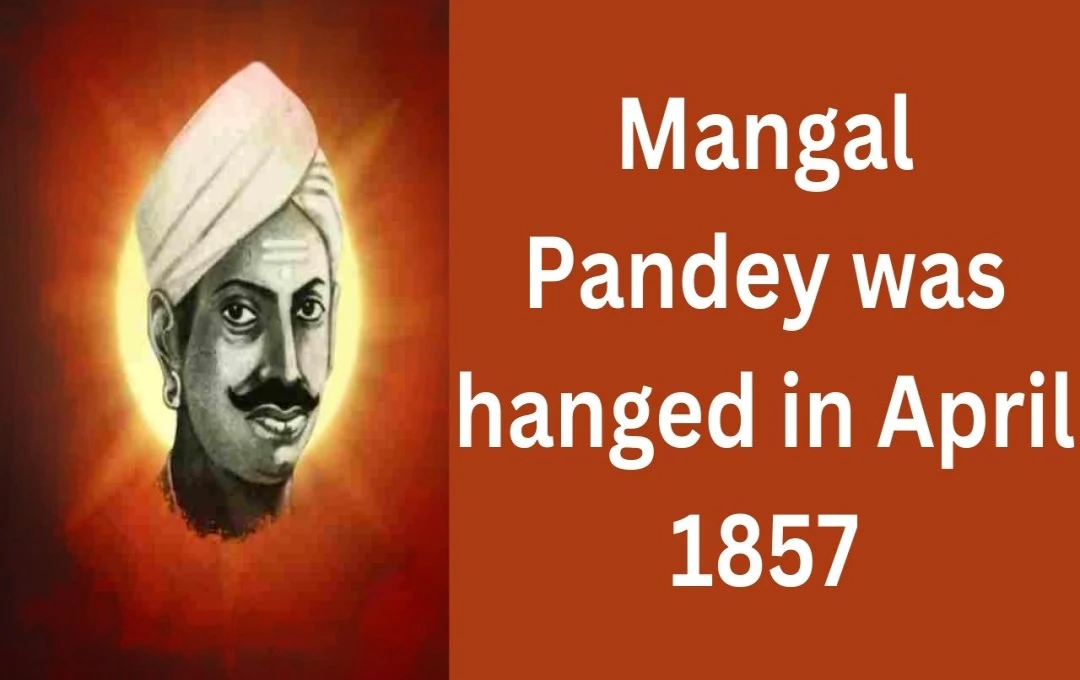Munshi Premchand:
This story, penned by Munshi Premchand, is a vivid account depicting the clash between land and self-respect between Jeengur, a village farmer, and Buddhu, a shepherd. 'Mukti-Marg' (Path to Liberation) is not merely a story; it portrays the complexities of rural life, where economic interests, ego, and traditional customs significantly impact the lives of ordinary people.
Jeengur's Field and the Shadow of His Arrogance
Jeengur was immensely proud of his fields. He owned three bighas of sugarcane, a testament to his hard work and dedication. This land provided him with a comfortable economic standing, fostering a b sense of pride and self-sufficiency. The village moneylenders often praised him, further inflating his ego. He believed himself superior, isolating him from his community.
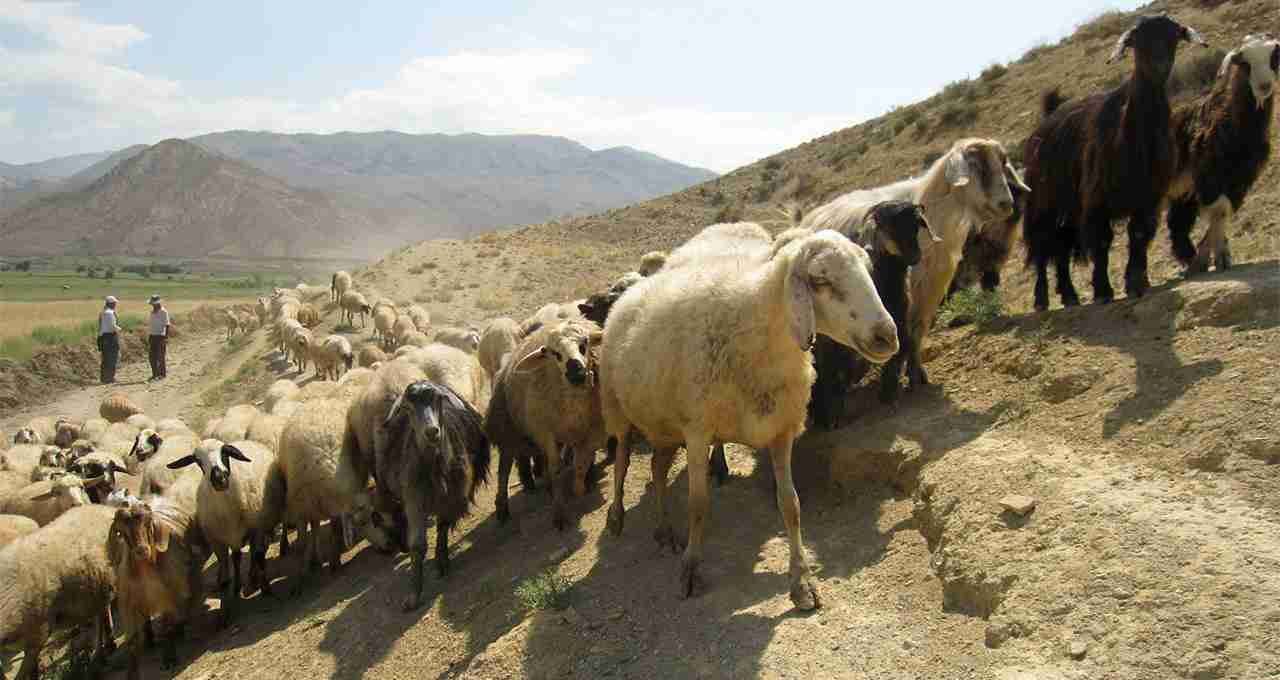
However, Jeengur's pride became a significant problem. His arrogance led to numerous quarrels with villagers. His words and actions alienated him, pushing people away. His belief in his own superiority created a growing distance between him and his community.
Buddhu's Sheep and the Clash over the Fields
Buddhu, a shepherd with twelve goats, grazed his flock through Jeengur's fields. Jeengur vehemently objected, insisting the sheep should use the field boundaries. Buddhu remained unconcerned, leading to a conflict. Enraged, Jeengur beat the sheep with his stick. Buddhu silently endured, fearing further repercussions from Jeengur's anger. The conflict over the fields and the sheep escalated.
Fire in the Fields and Devastation
One day, a fire broke out in Jeengur's field. The intense blaze destroyed the entire sugarcane crop. Not only did Jeengur lose his harvest, but the incident shattered the hopes of many villagers. Grief and distress spread through the community.
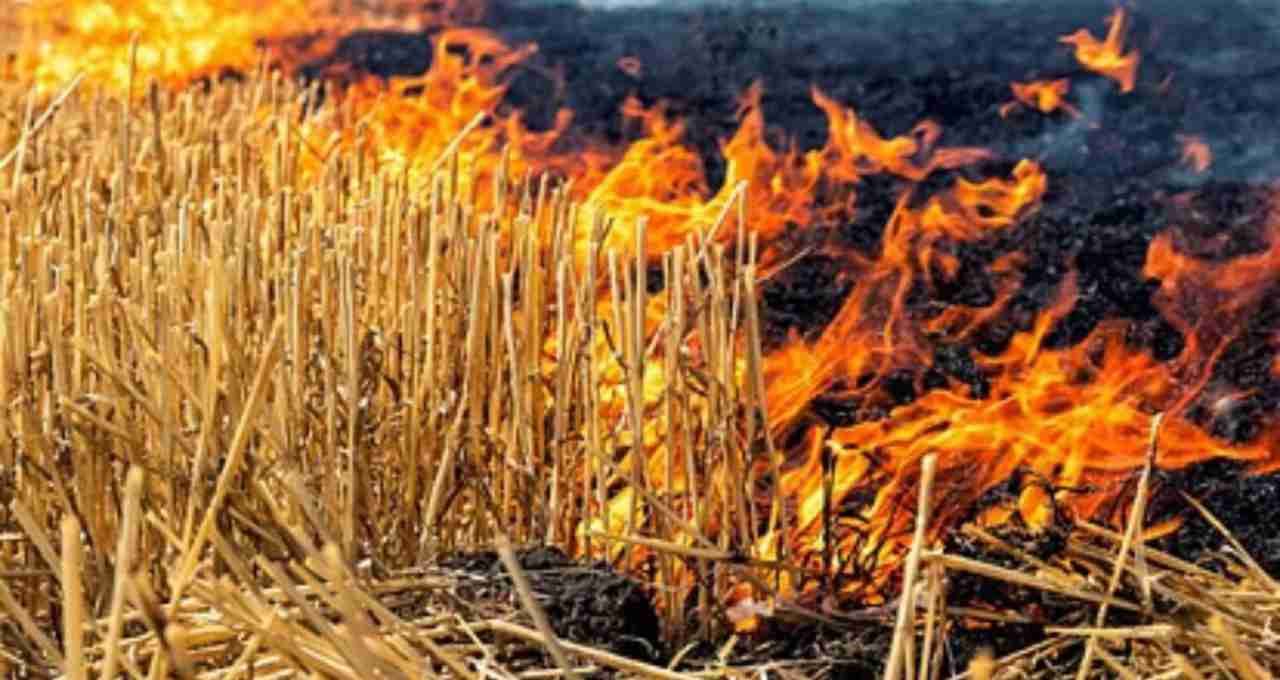
Many believed the fire resulted from the ongoing feud between Jeengur and Buddhu, holding Jeengur responsible for the devastation. The fire caused widespread damage and anxiety within the village.
Regret and Attempts at Reconciliation
Jeengur felt deep regret but hesitated to openly admit his fault. He visited Buddhu, initiating a conversation. Jeengur stated that if he could find the arsonist, he would thank them for shattering his arrogance. Buddhu agreed that conflict was unproductive. They both attempted to resolve their differences and restore peace to the village.
This story illustrates how minor disputes in village life can escalate into major catastrophes. It highlights the struggles and sacrifices of farmers and how ego and revenge can lead to devastating consequences. Premchand, through this narrative, presents the struggles, social conflicts, and their outcomes in rural life with simple yet impactful language.
